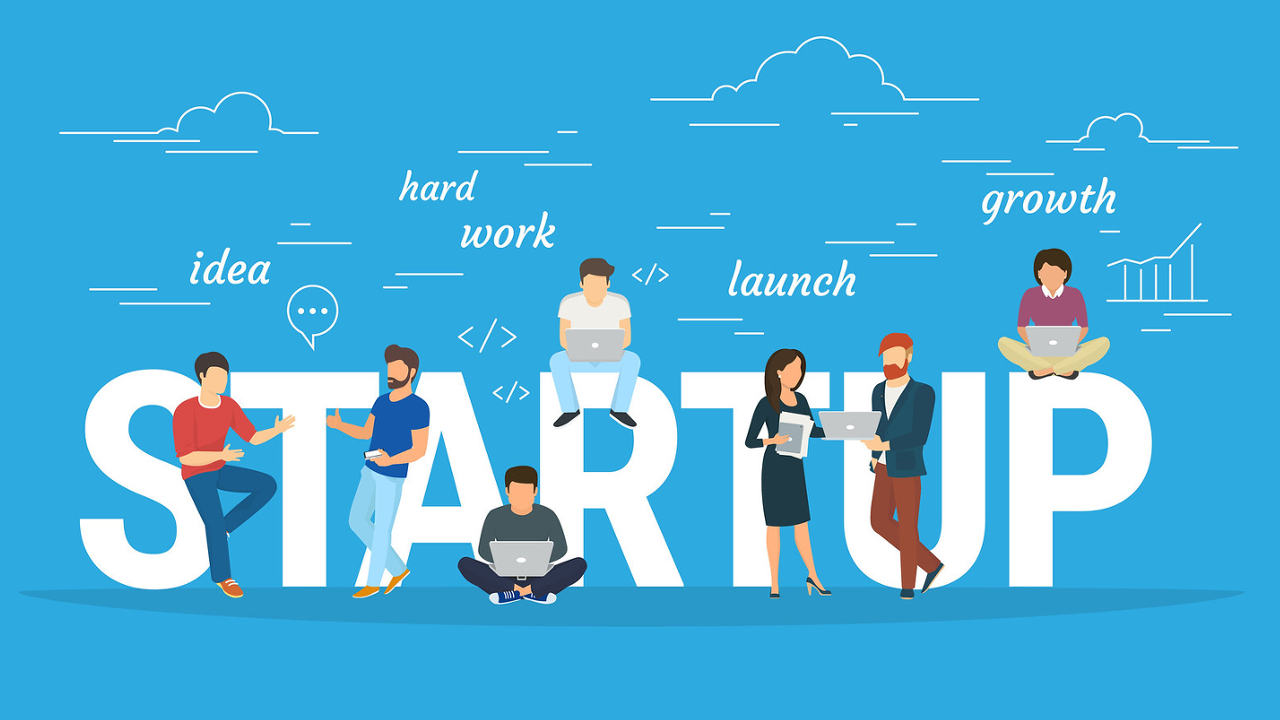What Is A Startup?

A startup describes a recently founded company with an innovative business idea and high growth potential.
The English term “startup” describes a recently founded company in the first phase of its life cycle. When you think of a startup, many have the clichéd image of potential founders who develop their ideas during night shifts in inconspicuous garages to then bring them to market. But even if this idea is a bit clichéd, there is a lot of truth in it – because, at the beginning of a successful startup, there is almost always an innovative idea and limited financial resources.
Startup characteristics: level of innovation
Age alone does not seem to make a company a startup – or would the new baker on the corner be called a startup? Probably not. Another important characteristic of a startup is the degree of innovation with which the founders and, above all, their ideas surprise and convince.
And what would the startup industry be without the search for “the next big thing”? In the best-case scenario, startups have an above-average potential to grow, i.e., to scale – and much more than the baker on the corner. And that’s exactly what makes the difference.
Startups, business startups, and business models
To found a successful startup and an innovative idea, a scalable business model and a detailed elaboration in a business plan are required. The necessary capital must also be procured. Good ideas are usually worth gold, but it is precisely the right financing that is often the most troublesome for an entrepreneur.
Since, in most cases, only a small amount of startup capital is available to implement the idea, many startups aim to expand their businesses at an early stage. To strengthen their capital base, they usually turn to venture capital or business angels back. An alternative concept is bootstrapping. This describes a type of financing for starting a business that works entirely without external financing.
Phased division of a startup
Startups can be divided into four development phases.
Seed phase: In the seed phase, capital is required to implement the business idea and assess whether the product can be implemented on the market. All of this is recorded in the business plan.
Startup phase: The startup phase is initiated when the company is founded and includes completing a market-ready product and the subsequent rollout. The focus here is on the design of sales and production options and the implementation of marketing campaigns.
Emerging growth: In this phase (growth phase), the focus is on rapid market penetration through targeted sales development.
Expansion: If the business model has been successfully established in the market, the next expansion steps can be carried out. These include, for example, further developments of products and services as well as the expansion of sales systems.





